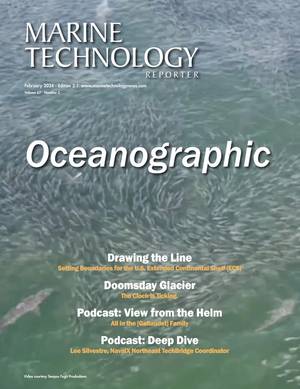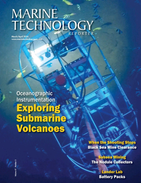
ASL Hires Dr. Asplin
Postdoctoral Research and Development Fellowship with ASL Environmental Sciences Inc. from 2013–2016. This research program was designed to continue the theme of study of his Ph.D. program as part of the ArcticNet–Industry Beaufort Sea Research collaboration between ArcticNet, BP, Imperial Oil, and ASL. He completed research within the following topics: 1) surface atmospheric circulation systems—changes and trends for the western Arctic, 2) momentum coupling of atmospheric forcing to ice and near-surface ocean regimes, and 3) wind-forced propagation of ocean waves
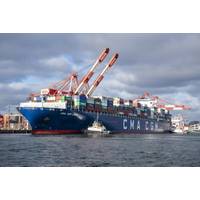
PORTS: Halifax goes Digital
Elevator, Halifax Seaport, Cruise Halifax, the Fairview Cove Sequestration Facility, and the Port of Sheet Harbor; while there are a number of non-HPA facilities within the port including Maritime Forces Atlantic, the National Gypsum Wharf, Woodside Atlantic Wharf, the CN Halifax Intermodal Terminal, Imperial Oil Wharves and the Autoport.Hapag-Lloyd Dalian Express at Fairview Cove Container Terminal in the Port of Halifax, Nova Scotia. The port enabled Nova Scotia exporters to contribute C$2.58 billion to provincial gross output in 2017/18 and the combined overall value of Port of Halifax operations and
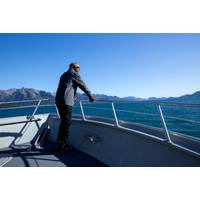
Obama Bans New Drilling off Alaska, Part of Atlantic Shore
production came from the Arctic. At current oil prices, significant production in the Arctic will not occur, according to a Department of Interior analysis. There is currently no crude oil production in the Canadian Arctic. A number of companies including Chevron Corp, ConocoPhillips and Imperial Oil hold exploration licenses, but all three have put their drilling plans on hold, partly because of weak global oil prices. On the U.S. Atlantic coast, local groups have opposed offshore drilling and would fight the Trump administration's attempts to open it up. "The people

Station-Keeping In Ice
issues that need to be addressed to fill gaps in the knowledge, technology, methodology and training associated with offshore Arctic oil and gas development.” The oil and gas companies that were consulted for the CARD Roadmap included Exxon Mobil, Suncor, Husky Energy, Statoil, Chevron, Imperial Oil, Shell and Conoco Phillips. Among the needs that were identified as high priority was station-keeping in ice using either mooring or dynamic positioning. The limiting case used for design was station-keeping during emergency response, which pointed to the need for “improved ice load models
Imperial Oil/Exxon/BP Gr defer drilling in Canada's Arctic
Imperial Oil Ltd said on Friday it and partners Exxon Mobil Corp and BP Plc need more time before they can drill an exploratory well in Canadian Arctic waters and are seeking an extension to their exploration license in the region. Pius Rolheiser, a spokesman for Imperial, said the license for the group's exploration parcel in the Beaufort Sea, a section of the Arctic Ocean, expires in 2020. He said the group is asking the Canadian government for a seven-year extension so it can complete the requirements of the regulatory process and have adequate time to make a decision on how
Imperial Oil Defers Drilling in Canada's Beaufort Sea
Imperial Oil Ltd said on Friday it is deferring plans to drill an exploratory well in the Beaufort Sea in Canada's Arctic as it seeks an extension to the length of its exploration license in the region. Pius Rolheiser, a spokesman for the company, said the license, which it shares with Exxon Mobil Corp and BP Plc, expires in 2020 and it is asking the Canadian government for a nine-year extension so it can complete the regulatory process and have adequate time to make a decision on how or when it will drill a well in the region. (Reporting by Scott Haggett; Editing by Tom

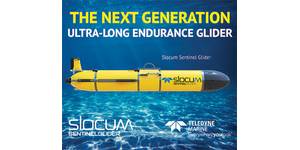
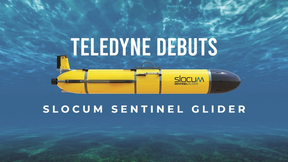
 February 2024
February 2024
